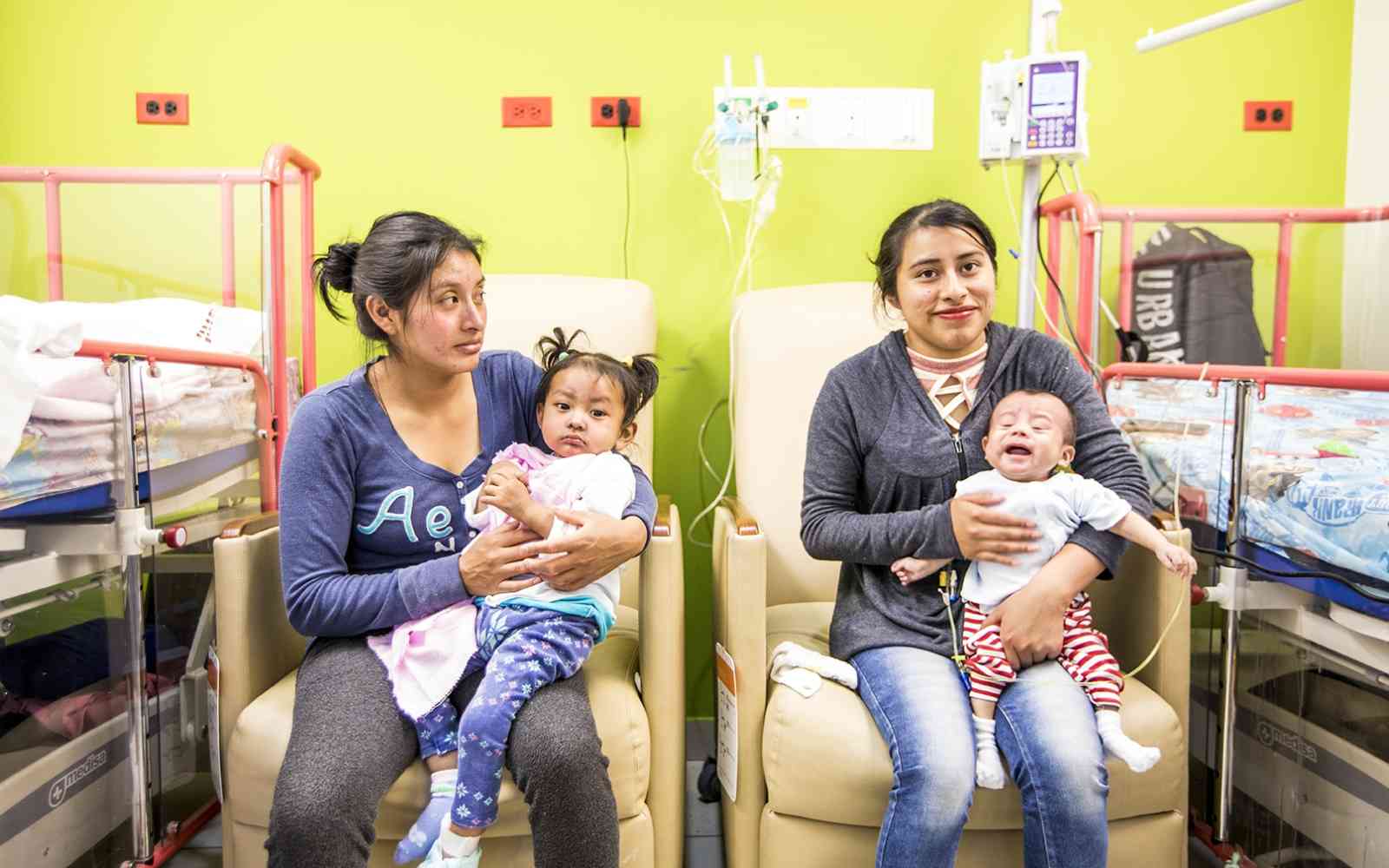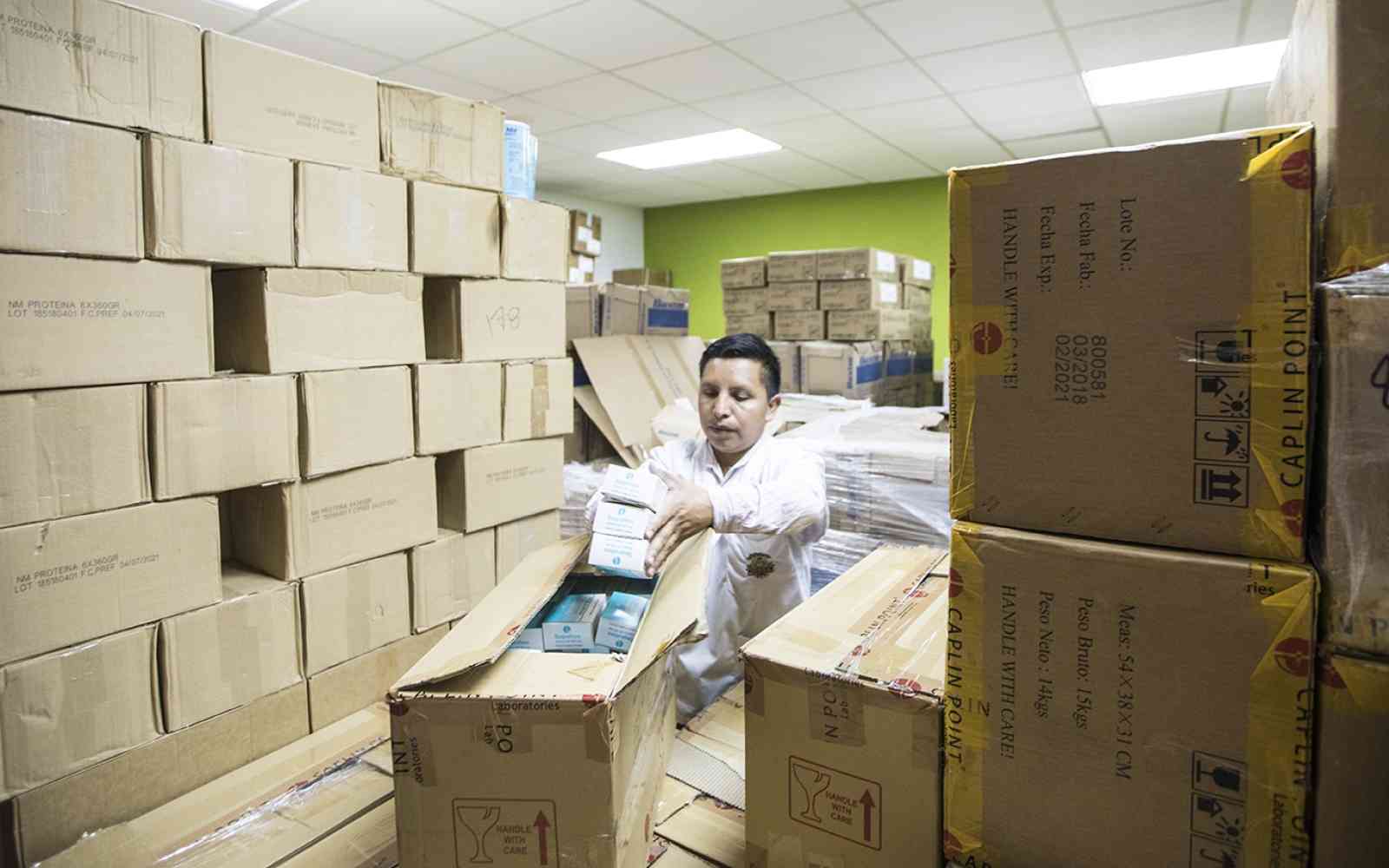The United Nations Office for Project Services (UNOPS)

Don't wait for the next pandemic to fix public procurement
COVID-19 has shown the importance of public procurement. Here's why transparency in public procurement is vital – and how to encourage it.
When it comes to health procurement, every dollar counts. Every dollar saved is money that can be reinvested. Reinvested to buy more medicine. Reinvested to buy more equipment. Reinvested to improve or increase health infrastructure.
In other words, reinvested to save more lives.
As COVID-19 spreads across the world, countries need the same thing: medical supplies and equipment. Test kits to help determine who is infected with COVID-19 and prevent it from spreading uncontrollably. X-ray machines to check the lungs of people battling the virus. Face masks and personal protective equipment to protect frontline healthcare workers. Hand sanitizer and soap so that each person could do their part to slow the spread of the virus.
And eventually, a potential treatment or even vaccine for COVID-19.
Unfortunately, there are those who seek to unfairly profit from this pandemic. Stories of sky-high prices for much-needed equipment and supplies, as well as instances of inferior quality equipment and supplies being delivered, are, sadly, not uncommon.
And while COVID-19 may be the first global pandemic we've personally experienced, it surely won't be the last one that occurs.
That's why we must ensure that the process used to purchase vital medical supplies and medicine is robust. It must be transparent. It must be fair. It must be efficient and cost-effective. And it must be free of corruption.
Corruption and a lack of good governance are strongly linked – they feed off each other in a vicious circle. A lack of good governance principles and structures provide more opportunities for corruption to thrive. And in turn, corruption prevents good governance principles and structures from being put in place or enforced.
Let's look at Guatemala. According to Transparency International, it's a country with a high risk of corruption in public procurement. A few years ago, major cases of corruption affecting medicine procurement in the country's Social Security Institute (IGSS) were discovered. Some suppliers were unfairly benefiting from government procurement, putting medicine supplies for millions of Guatemalans at risk.
We worked with IGSS to build a culture of transparency, laying the foundation for a more efficient and transparent procurement process.
To do this, we carried out a comprehensive analysis of the supply chain, using the Procurement Efficiency Assessment Tool, which generated a short-, medium- and long-term action plan. We also trained more than 600 IGSS staff in best practices for public procurement and project management.
To increase competition among suppliers, UNOPS also conducted a tender process for medicine procurement, which resulted in 62 bidders participating – compared to 11 bidders in a previous tender process conducted by IGSS.
The tender process helped establish new criteria for prices and quality, as well as provided for more favourable supply conditions. All of this helped IGSS be seen as an influential buyer in both national and international markets.
Utilizing electronic reverse auctions – an online, real-time dynamic auction between a buying organization and a number of suppliers – also played a key role. As part of this, suppliers competed against each other to be awarded a contract by submitting successively lower bids during a scheduled period of time.
Although widely used in the private sector, reverse auctions aren't commonly used in a UN context or in the public sector. But adopting this standardized, electronic process can help increase transparency during the public procurement process, as well as reduce costs and increase savings.
As COVID-19 has shown, a well-functioning, transparent public procurement system free of corruption is vital during times of emergency – it can mean the difference between receiving enough life-saving equipment and medicine or coming up short.
And we shouldn't wait for the next global pandemic to apply the lessons of this one.
Andrea Calvaruso
Andrea Calvaruso is the Officer In Charge of UNOPS Guatemala. He is an anthropologist with a Master's degree in health and 30 years of experience in the development sector. Andrea has previously served as an advisor to different embassies, United Nations organizations and the European Union on topics including state modernization, democratic governance, social development and security.














